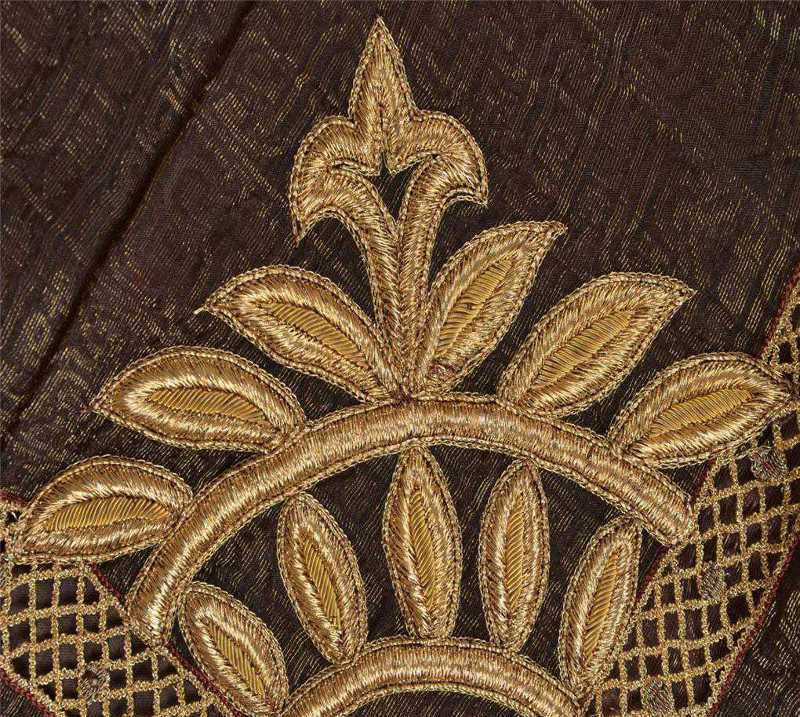===
0183,
12
===

=== |
 |
FWP:
SETS == EK
MOTIFS == 'UNION'
NAMES
TERMS == 'AFFAIR-EVOCATION'; DRAMATICNESS; ENTANGLEMENT; FLOWINGNESS; VERSE-SETReally it's a brilliant verse-set; its five verses have a remarkably tight unity and narrative sequence.